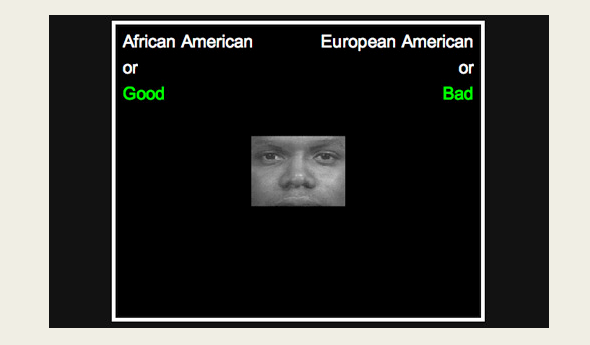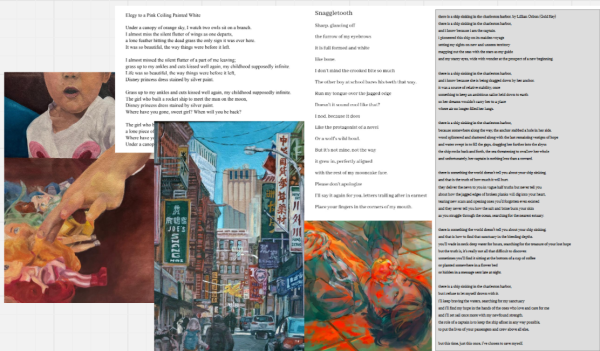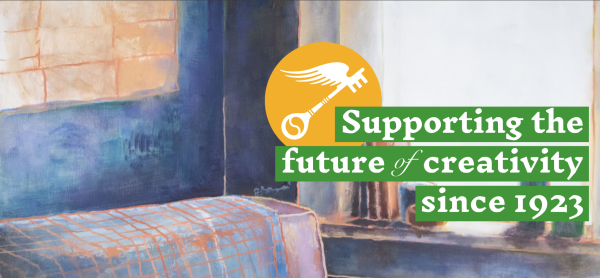Are You Subconsciously Biased?

Most people nowadays consider themselves in favor of equality for every race, gender, and age. But whether or not we truly believe in equality, most harbor implicit biases. In 1998, Harvard scientists Tony Greenwald, Mahzarin Banaji, and Brian Nosek founded Project Implicit, a non-profit organization designed to collect data about implicit social cognition in relation to social attitudes and mental illness. Project Implicit seeks to “educate the public about hidden biases” and use the Internet to reach a widespread pool of data.
On their website, you can take the Implicit Association Test (IAT), which “measures the strength of associations between concepts and evaluations or stereotypes” by measuring response time when pairing words together, like male or female names with career or family related words. For instance, if you were faster to pair Daniel/Salary than Jessica/Salary, and Julia/Wedding than John/Wedding, you might implicitly associate men with work and women with family. In the social attitudes section of the website, you can find IATs about race, gender, sexuality, weight, age, and more. There is also a mental health section that tests the user’s association of depression, anxiety, alcoholism, or self esteem with him or herself.
The study finds that “members of stigmatized groups (black people, gay people, older people) tend to have more positive implicit attitudes toward their groups than do people who are not in the group”, but still prefer the “more socially valued group.” The theory is that cultural norms create negative associations with minorities, even for those among the group, but that personal experiences with family and friends within the group encourage positive associations.
Don’t worry—just because you have a subconscious preference for a certain group of people does not mean you are prejudiced. The media and societal influences have a great impact on implicit associations, and they often contrast with what you actually believe. If your results bother you, you can make an effort to interact with and learn about minority groups to reverse your implicit associations. More than anything, what really matters are your words and actions.
Check out Project Implicit here







